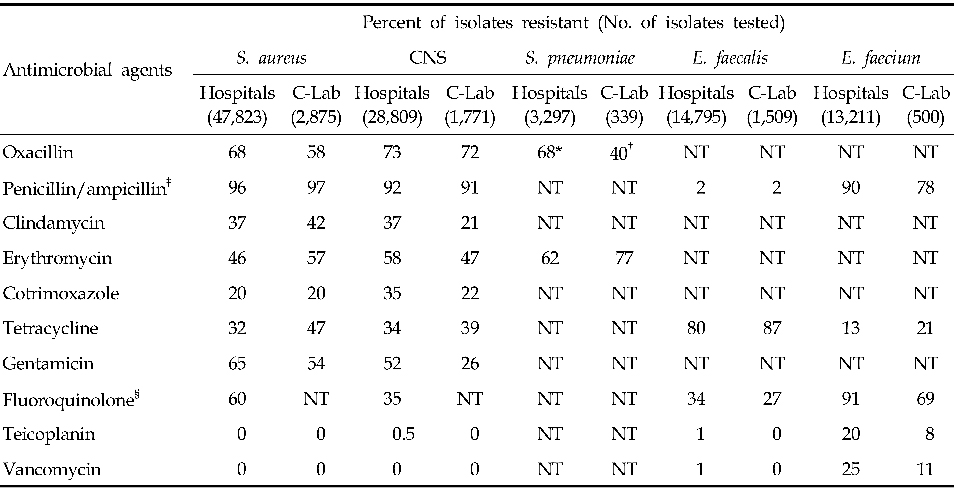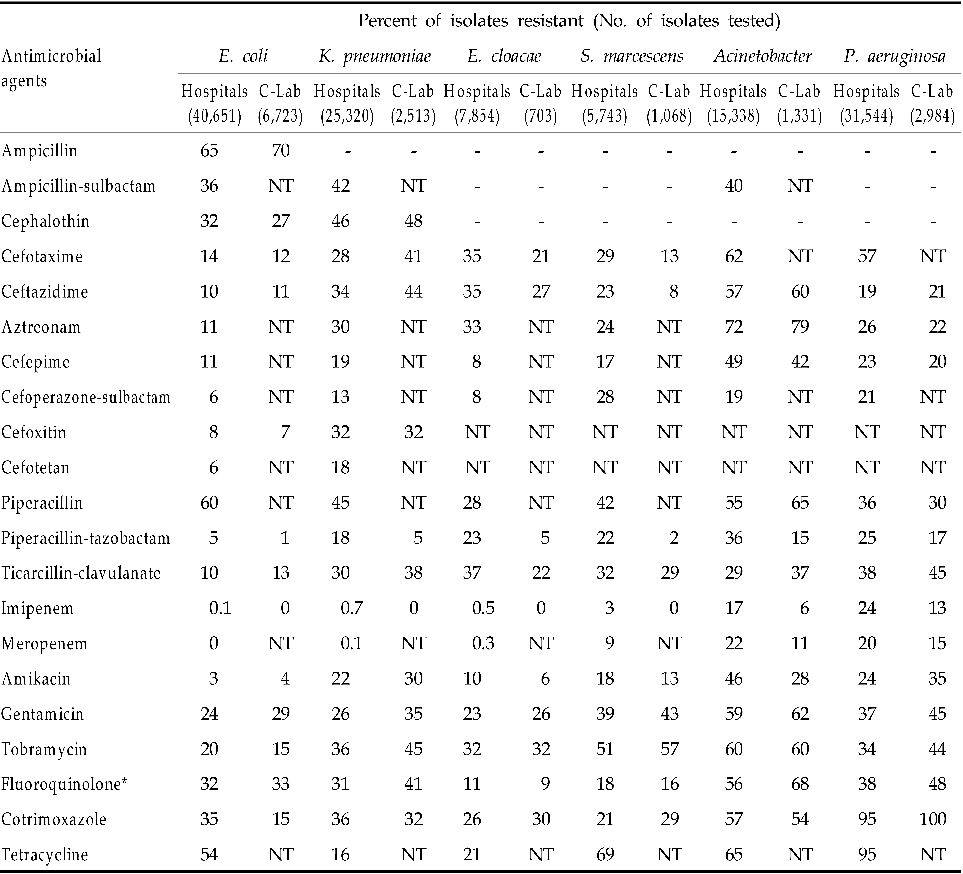Yonsei Med J.
2006 Oct;47(5):646-656. 10.3349/ymj.2006.47.5.646.
White Blood Cell Count and the Risk of Colon Cancer
- Affiliations
-
- 1Department of Family Medicine, Yong-dong Severance Hospital, Yonsei University College of Medicine, Seoul, Korea.
- 2Department of Preventive Medicine, Yonsei University College of Medicine, Seoul, Korea.
- 3Department of Family Medicine, Seoul Paik Hospital, Inje University College of Medicine, Seoul, Korea.
- 4Department of Epidemiology and Health Promotion, Graduate School of Public Health, Yonsei University, Seoul, Korea. jsunha@yumc.yonsei.ac.kr
- KMID: 1381245
- DOI: http://doi.org/10.3349/ymj.2006.47.5.646
Abstract
- Inflammation may be linked to the pathogenesis of colorectal cancer. However, two conflicting observational results were recently reported on the relationship between the inflammatory marker C-reactive protein (CRP) and the risk of colorectal cancer. Few epidemiologic studies have examined the association between inflammatory markers and the risk of colorectal cancer. We prospectively examined the mortality and incidence risk for colon and rectal cancers among 424,419 Koreans (108,907 men and 315,512 women). The subjects were 40 to 95 years of age and from the Korean Cancer Prevention Study (KCPS) cohort. All subjects received medical examination from the National Health Insurance Corporation in 1993 and 1995. The maximum follow-up period was 10 years, and the follow-up periods began in January 1, 1994 and ended in December 31, 2003. An elevated white blood cell count (WBC) was associated with a higher mortality risk of colon cancer (highest versus lowest quartile: men, 1.55, 95% CI 1.10-2.18, p for trend = 0.0014; women, 1.51, 95% CI 1.12- 2.03, p for trend = 0.0049). Similarly, an elevated WBC was associated with a higher incidence risk of colon cancer (highest versus lowest quartile: men, 1.38, 1.09-1.76, p for trend = 0.0017; women, 1.46, 95% CI 1.20-1.78, p for trend= 0.0003). A positive linear trend was also observed in non- smokers. There was no significant association between WBC and the risk of rectal cancer. Our findings demonstrate that an elevated WBC is associated with an increase in both the mortality and incidence rates of colon cancer. These results support our hypothesis that inflammation increases the risk of colon cancer.
Keyword
MeSH Terms
Figure
Reference
-
1. 2002 Annual report of the Korea central cancer registry. National Cancer Information Center. 2003. accessed June 27, 2005. Goyang: National Cancer Information Center; http://www.ncc.re.kr .2. Death Statistics based on vital registration 2002. Korea National Statistical Office. 2003. accessed June 27, 2005. Daejeon: Korea National Statistical Office; http://kosis.nso.go.kr/cgi-bin/sws_777pop.cgi?A_REPORT_ID=MA&A_CONTENTS=1501&A_LANG=1 .3. Durno C, Aronson M, Bapat B, Cohen Z, Gallinger S. Family history and molecular features of children, adolescents and young adults with colorectal carcinoma. Gut. 2005. 54:1146–1150.4. Moore LL, Bradlee ML, Singer MR, Splansky GL, Proctor MH, Ellison RC, et al. BMI and waist circumference as predictors of lifetime colon cancer risk in Framingham Study adults. Int J Obes Relat Metab Disord. 2004. 28:559–567.5. Nagata C, Shimizu H, Kametani M, Takeyama N, Ohnuma T, Matsushita S. Diet and colorectal adenoma in Japanese males and females. Dis Colon Rectum. 2001. 44:105–111.6. Shimizu N, Nagata C, Shimizu H, Kametani M, Takeyama N, Ohnuma T, et al. Height, weight, and alcohol consumption in relation to the risk of colorectal cancer in Japan: a prospective study. Br J Cancer. 2003. 88:1038–1043.7. Luchtenborg M, Weijenberg MP, Kampman E, van Muijen GN, Roemen GM, Zeegers MP, et al. Cigarette smoking and colorectal cancer: APC mutations, hMLH1 expression, and GSTM1 and GSTT1 polymorphisms. Am J Epidemiol. 2005. 161:806–815.8. Slattery ML, Edwards S, Curtin K, Ma K, Eduward R, Holubkor R, et al. Physical activity and colorectal cancer. Am J Epidemiol. 2003. 158:214–224.9. Jee SH, Ohrr H, Sull JW, Yun JE, Ji M, Samet JM. Fasting serum glucose level and cancer risk in Korean men and women. JAMA. 2005. 293:194–202.10. Levin B. Inflammatory bowel disease and colon cancer. Cancer. 1992. 70:1313–1316.11. Giovannucci E, Rimm EB, Stampfer MJ, Colditz GA, Ascherio A, Willett WC. Aspirin use and the risk for colorectal cancer and adenoma in male health professionals. Ann Intern Med. 1994. 121:241–246.12. Giardiello FM, Hamilton SR, Krush AJ, Piantadosi S, Hylind LM, Celano P, et al. Treatment of colonic and rectal adenomas with sulindac in familial adenomatous polyposis. N Engl J Med. 1993. 328:1313–1316.13. Erlinger TP, Platz EA, Rifai N, Helzlsouer KJ. C-reactive protein and the risk of incident colorectal cancer. JAMA. 2004. 291:585–590.14. Zhang SM, Buring JE, Lee IM, Cook NR, Ridker PM. C-reactive protein levels are not associated with increased risk for colorectal cancer in women. Ann Intern Med. 2005. 142:425–432.15. Zalokar JB, Richard JL, Claude JR. Leukocyte count, smoking, and myocardial infarction. N Engl J Med. 1981. 304:465–468.16. Das I. Raised C-reactive protein levels in serum from smokers. Clin Chim Acta. 1985. 153:9–13.17. Baron JA, Cole BF, Sandler RS, Haile RW, Ahnen D, Bresalier R, et al. A randomized trial of aspirin to prevent colorectal adenomas. N Engl J Med. 2003. 348:891–899.18. Erlinger TP, Muntner P, Helzlsouer KJ. WBC and the risk of cancer mortality in a national sample of U.S. adults: results from the Second National Health and Nutrition Examination Survey mortality study. Cancer Epidemiol Biomarkers Prev. 2004. 13:1052–1056.19. Oka M, Inaba A, Uchiyama T, Hazana S, Shimoda K, Suzuki M, et al. Prostaglandin E2 levels and lymphocyte subsets in portal venous drainage of colorectal cancers. Am J Surg. 1994. 167:264–267.20. Pugh S, Thomas GA. Patients with adenomatous polyps and carcinomas have increased colonic mucosal prostaglandin E2. Gut. 1994. 35:675–678.21. Yancopoulos GD, Davis S, Gale NW, Rudge JS, Wiegand SJ, Holash J. Vascular-specific growth factors and blood vessel formation. Nature. 2000. 407:242–248.22. Tsujii M, Kawano S, Tsuji S, Sawaoka H, Hori M, DuBois RN. Cyclooxygenase regulates angiogenesis induced by colon cancer cells. Cell. 1998. 93:705–716.23. Maeda H, Akaike T. Nitric oxide and oxygen radicals in infection, inflammation, and cancer. Biochemistry. 1998. 63:854–865.24. Chen R, Rabinovitch PS, Crispin DA, Emond MJ, Bronner MP, Brentnall TA. The initiation of colon cancer in a chronic inflammatory setting. Carcinogenesis. 2005. 26:1513–1519.25. Sheng H, Shao J, Morrow JD, Beauchamp RD, DuBois RN. Modulation of apoptosis and Bcl-2 expression by prostaglandin E2 in human colon cancer cells. Cancer Res. 1998. 58:362–366.26. Verdaet D, Dendale P, De Bacquer D, Delanghe J, Block P, De Backer G. Association between leisure time physical activity and markers of chronic inflammation related to coronary heart disease. Atherosclerosis. 2004. 176:303–310.27. Wolever TM, Bolognesi C. Prediction of glucose and insulin responses of normal subjects after consuming mixed meals varying in energy, protein, fat, carbohydrate and glycemic index. J Nutr. 1996. 126:2807–2812.28. Ma J, Giovannucci E, Pollak M, Leavitt A, Tao Y, Gaziano JM, et al. A prospective study of plasma C-peptide and colorectal cancer risk in men. J Natl Cancer Inst. 2004. 96:546–553.29. Poullis A, Foster R, Shetty A, Fagerhol MK, Mendall MA. Bowel inflammation as measured by fecal calprotectin: a link between lifestyle factors and colorectal cancer risk. Cancer Epidemiol Biomarkers Prev. 2004. 13:279–284.
- Full Text Links
- Actions
-
Cited
- CITED
-
- Close
- Share
- Similar articles
-
- Joint Effect of Cigarette Smoking and Body Mass Index on White Blood Cell Count in Korean Adults
- The Change of White Blood Cell Count Following Transfusion in Preterm Neonates
- Annual Report on External Quality Assessment in Hematology in Korea (1996)
- Annual Report on External Quality Assessment in Hematology in Korea (1997)
- The relationship between amniotic fluid white blood cell count and the presence and severity of acute placental inflammation in preterm premature rupture of membrane



